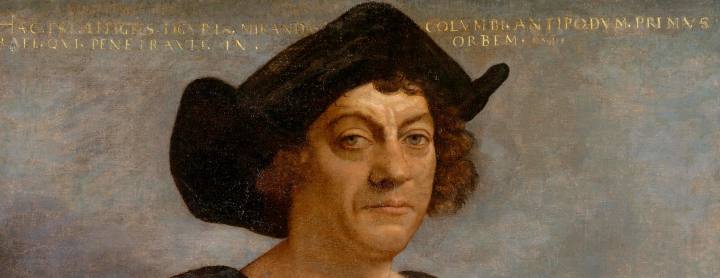Austin Is the Latest City Dropping Columbus Day in Favor of Indigenous Peoples Day

This image is in the public domain.
Columbus Day – celebrated on the second Monday in October – is a contentious subject. While some, like participants in the Hispanic Day Parade in New York City, have shown support for the holiday, others have gone as far as beheading a statue of Columbus to protest what the day means. As years go by, more cities have voted to dump Columbus Day – a holiday celebrating a violent instigator of genocide – in favor of Indigenous Peoples Day. Austin, Texas has become one of the latest cities to adopt Indigenous Peoples Day, according to the Statesman.
The city voted to replace the holiday on Thursday, October 5, with 9 voting to make the change. Council Member Ellen Troxclair was against the shift, and Council Member Alison Alter abstained from voting.
While this is a step in the right direction, Columbus Day is probably not going away anytime soon. It’d require a push on a national level.
One of the group’s most resistant to this change is Italian-American communities, who say the holiday honors their heritage, as well as cultural exchange between two groups of people. But as a 2014 Last Week Tonight segment points out, history glosses over the enslavement, forced assimilation, and stealing of property that actually occurred. Plus, Italian-Americans have plenty of other heroes – who didn’t wipe out or kidnap indigenous populations – that they can celebrate.
Columbus Day first came in the 1890s as Italians were targets of anti-immigrant sentiments. As Italians’ foreignness made them victims of discrimination that even led to a mass lynching in 1891, they began extolling a man credited for discovering the Americas, directly linking them to the United States’ history. According to NPR, President Benjamin Harrison called for a national observance of Columbus Day in 1892 – in honor of the 400th anniversary of Columbus’ arrival – despite the fact that he never set foot in the United States. Columbus Day didn’t become a federal holiday until 1934.